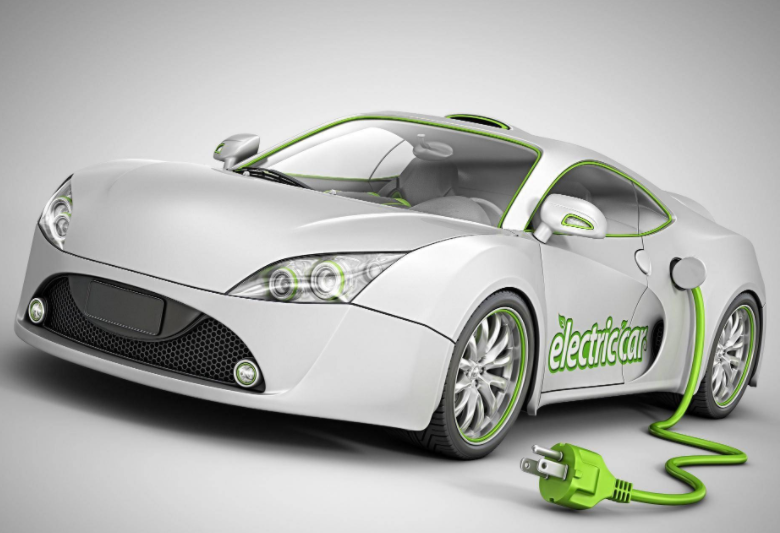
Germany's Bosch Group said it will buy the assets of US chipmaker TSI Semiconductor to expand its semiconductor business in silicon carbide chips (SiC), foreign media reported. Bosch and TSI have reached an agreement, but did not disclose details of the acquisition, which is subject to regulatory approval. According to the data, TSI is an application-specific integrated circuit (ASIC) foundry. Currently, it mainly develops and produces a large number of chips on 200mm silicon wafers for applications in the mobile, telecommunications, energy and life sciences industries.

Bosch has been producing semiconductors for more than 60 years and has invested billions of euros worldwide, particularly in water plants in Reutlingen and Dresden, Germany. Bosch believes the acquisition will strengthen its international semiconductor manufacturing network. After the acquisition, Bosch said it would invest $1.5 billion over the next few years to upgrade TSI Semiconductor's manufacturing facilities in Roseville, California. Beginning in 2026, the first chips will be produced on 200mm wafers based on silicon carbide.
In recent years, under the accelerated introduction of photovoltaic energy storage scene and the rapid development of new energy vehicles, the silicon carbide market will maintain a short supply situation. In particular, the introduction of electric vehicles has further driven the demand for automotive chips. With the addition of features such as autonomous driving, the number of chips in cars is around 1,200. Bosch Chief Executive Stefan Hartung also said the growth in electric vehicles showed demand for silicon carbide chips was "exploding".

According to market research firm TrendForce Consulting, the overall SiC power component market will grow 41.4 percent year-on-year to $2.28 billion in 2023, as related major manufacturers and automotive and energy industry cooperation projects become clear. In addition, TrendForce expects the SiC power component market to reach $5.33 billion by 2026.